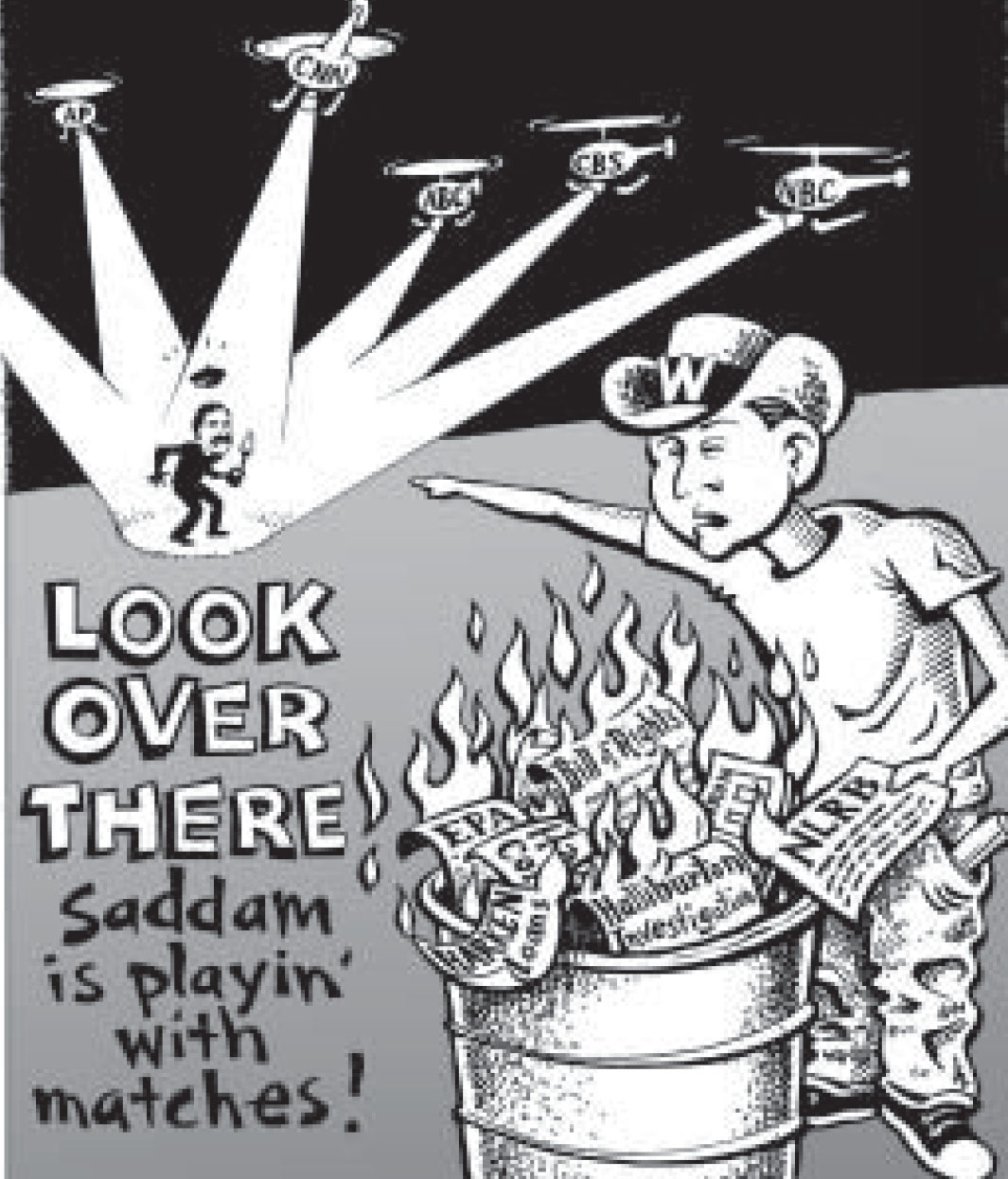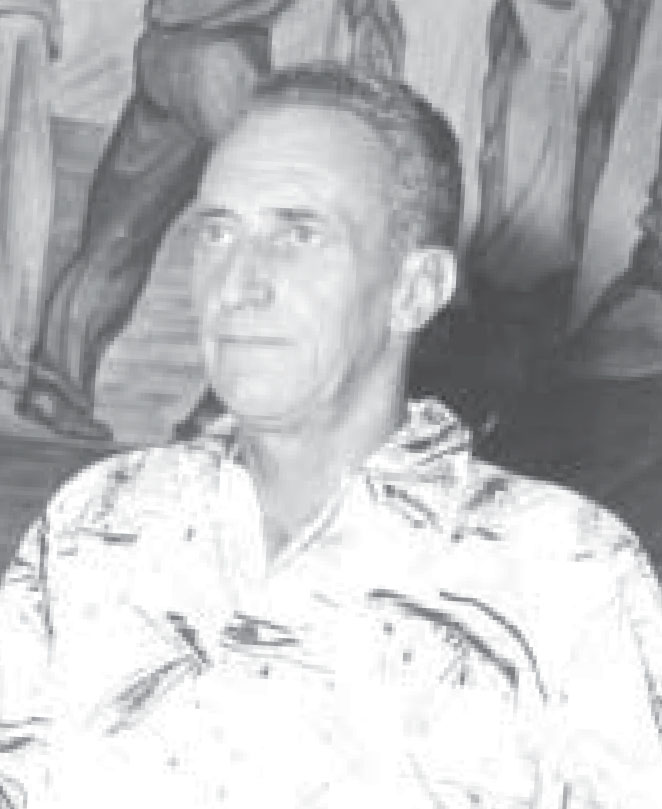Since taking office in January 2001, George W. Bush has led the U.S. into two wars—the war against Afghanistan and the war against Iraq.
The war against the Taliban government of Afghanistan started on October 7, 2001, and two months later on December 7,
2001, the U.S. declared victory. However, 18 months later and at a cost of over $10 billion and climbing, the war is still going on. The U.S. and the United Kingdom continues to fly bombing raids and has over 13,000 troops on the ground. Al-Qaeda and the Taliban continue to operate in Afghanistan and Osama Bin Laden remains at large. The main reason for the war against
the Taliban was because they refused to take action against Al-Qaeda and Bin Laden without proof they were involved with the September 11 attacks.
The Pentagon has yet to issue data on civilian casualties, but independent sources estimate that over 3,000 Afghan civilians
were killed as the result of U.S. military actions. The latest deaths occurred this April 2003, when a laser-guided “smart” bomb missed its target and blew up a house, killing 11 civilians.
The war against Iraq started on March 19, 2003, and continues to this date. Cost of the war so far is over $20 billion. Civilian casualties are also estimated at over 3,000. The purpose of the war started with preventing a possible future threat to the U.S. by disarming Iraq of weapons of mass destruction; then it became removing Sadaam Hussein and the Baathist Party from power; then it became freedom for the Iraqi people. The adminstration’s latest explanation is that the attack on Iraq was done to send certain countries “a message.”
No war declared
Both wars were not declared by Congress. In fact, the last war declared by Congress was in 1941 during World War II. Since then, the U.S. President has conducted 12 undeclared wars in Korea, Vietnam, Grenada, Panama, Iraq in 1990, Somalia, Haiti, Rwanda, Kosovo, Yugoslavia, Afghanistan and Iraq in 2003.
Instead of a declaration of war, Congress passed a joint resolution that appears to go overboard in giving President Bush a blanket authorization to use force against any nation, organization, or person with any connection to the attacks of September 11, 2001. It states:
“The President is authorized to use all necessary and appropriate force against those nations, organizations, or persons he determines planned, authorized, committed, or aided the terrorist attacks that occurred on September 11, 2001, or harbored such organizations or persons, in order to prevent any future acts of international terrorism against the United States by such nations, organizations or persons.”

Should the union take a position on foreign policy?
Harry Bridges, one of the founding leaders and first president of the ILWU, clearly stated the reason why unions should be concerned about foreign policy in his report to the 1947 ILWU Convention where he said:
There are many who hold to the belief that in matters of foreign concern and of foreign policy we should let well enough alone. There are plenty who think a union should not speak out, fight for or criticize the foreign policy of our government; that it should be a matter of our government, right or wrong, in matters of foreign policy.
We have never adhered to that belief. And we shouldn’t. If we had, we would never have taken in years gone by a position on the shipments of war materials to Japan. We would never have engaged in the boycott of Mussolini during the rape of Ethiopia. We would never have been among the first in 1933 to snap a boycott of German goods when Hitler ascended as top man in Germany. We never would have take the position that we did in support of and in sympathy with the Loyalists of Spain. And the reasons are simple: the question of our own welfare, our own interests, our own existence.
Bridges urged union members to take a stand for world peace, even though he and the union were constantly attacked as being
un-American and un-patriotic for opposing war.
We can play a part in the struggle for world peace and we can maintain our record of adhering to principle, or practicing democracy, of speaking out and not being afraid of what anybody might think for the time being. Because the struggles of people all over the world to remove the threat of war, to remove the terrific burdens of armaments, are more and more coming to the front. The expenditures from armaments in many countries of the world will be thrown off by the people with violence if ways to reduce those burdens are not found by peaceful means.


(Top) ILWU founder Harry Bridges at the ILWU Hall in Honolulu; (Above) Propeace demonstrators in Oakland include ILWU Local 8 members.
—1959 ILWU Convention
